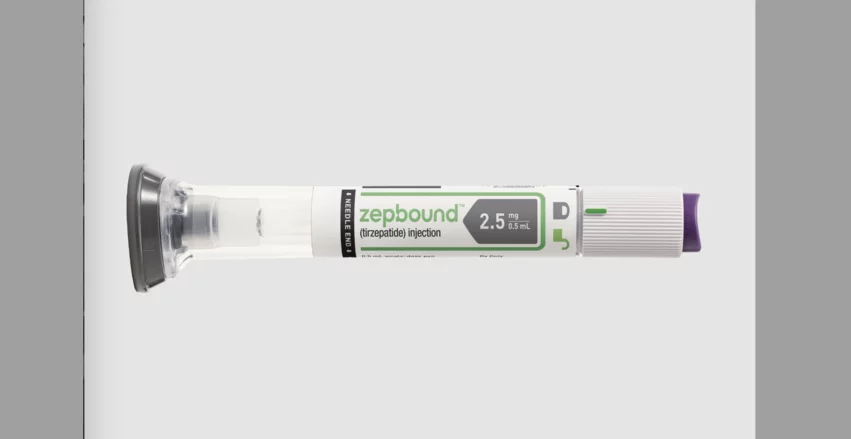FDA says years-long tirzepatide shortage is resolved, will give limited leeway to compounders
The U.S. Food and Drug Administration (FDA) has announced that the federal shortage of tirzepatide is officially resolved.
“Our determination is based on our conclusions that supply meets or exceeds current demand, and that, based on our best judgment looking at the available information with its limitations, supply will also meet or exceed projected demand,” the agency said in a new advisory. “FDA will continue to monitor supply and demand for these products, and whether any tirzepatide injection products should be included on the drug shortage list in the future, as appropriate.”
Tirzepatide is a popular diabetes drug sold by Eli Lilly and Company under the brand names Zepbound and Mounjaro. It has also been linked to improved outcomes in patients with sleep apnea and heart failure with preserved ejection fraction.
What's next for compounders in the wake of this FDA update?
When the FDA first removed tirzepatide from its federal drug shortage list in October, it sparked concerns over how the market would respond. These medications had been part of the shortage list for so long—since 2022, in fact—that drug manufacturers, pharmacies, physicians and patients have all grown accustomed to securing compounded version as needed.
The Outsourcing Facilities Association (OFA), a Texas-based trade association focused on distributing compounded medications, sued the FDA over its October decision, arguing that the agency did not give enough notice to the necessary stakeholders.
“The agency’s decision will have tremendous implications across the nation for patients and physicians, as well as the outsourcing facilities that made an enormous investment to meet patient demand in light of product shortages and delays,” Lee H. Rosebush, chairman of the OFA, said at the time.
The FDA addressed compounded versions of tirzepatide in its advisory, stating that it “does not intend to take action against compounders” in the immediate aftermath of this update as long as the products are not of a “substandard quality or otherwise unsafe.”
After a period of 60 or 90 days, depending on the party in question, the FDA will no longer turn the other cheek when it comes to targeting companies caught distributing compounded versions of this popular drug.


